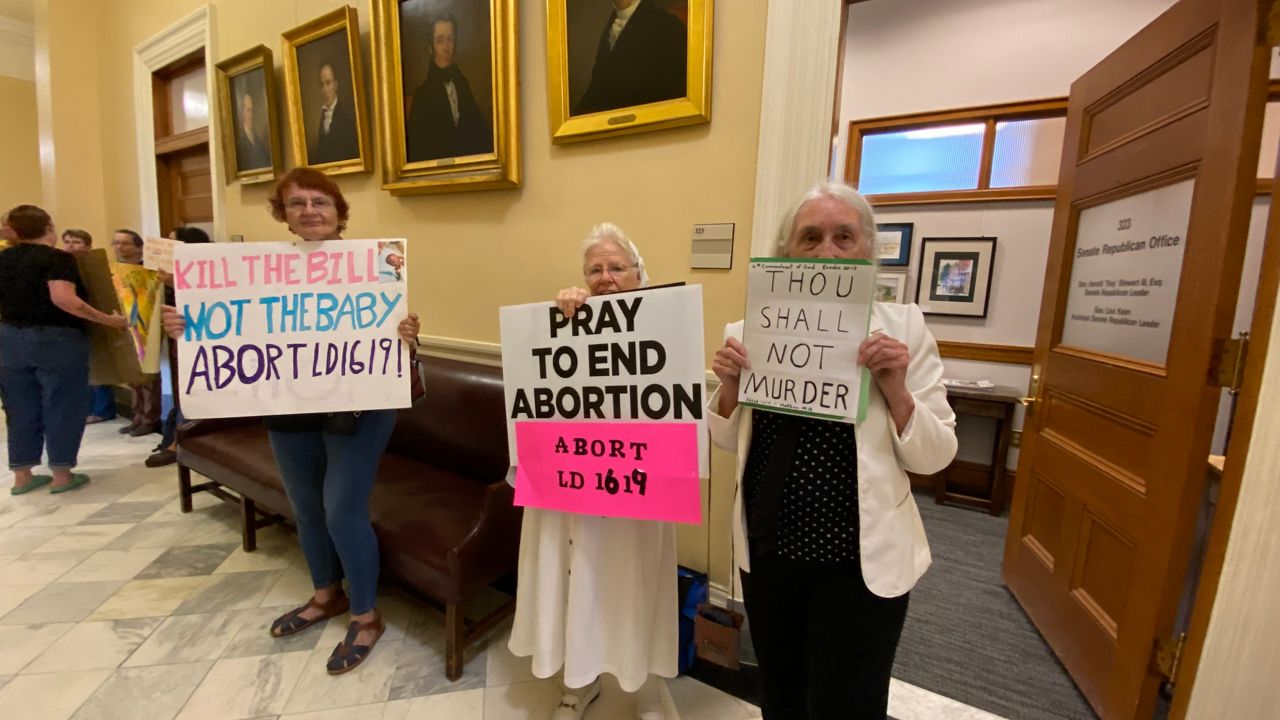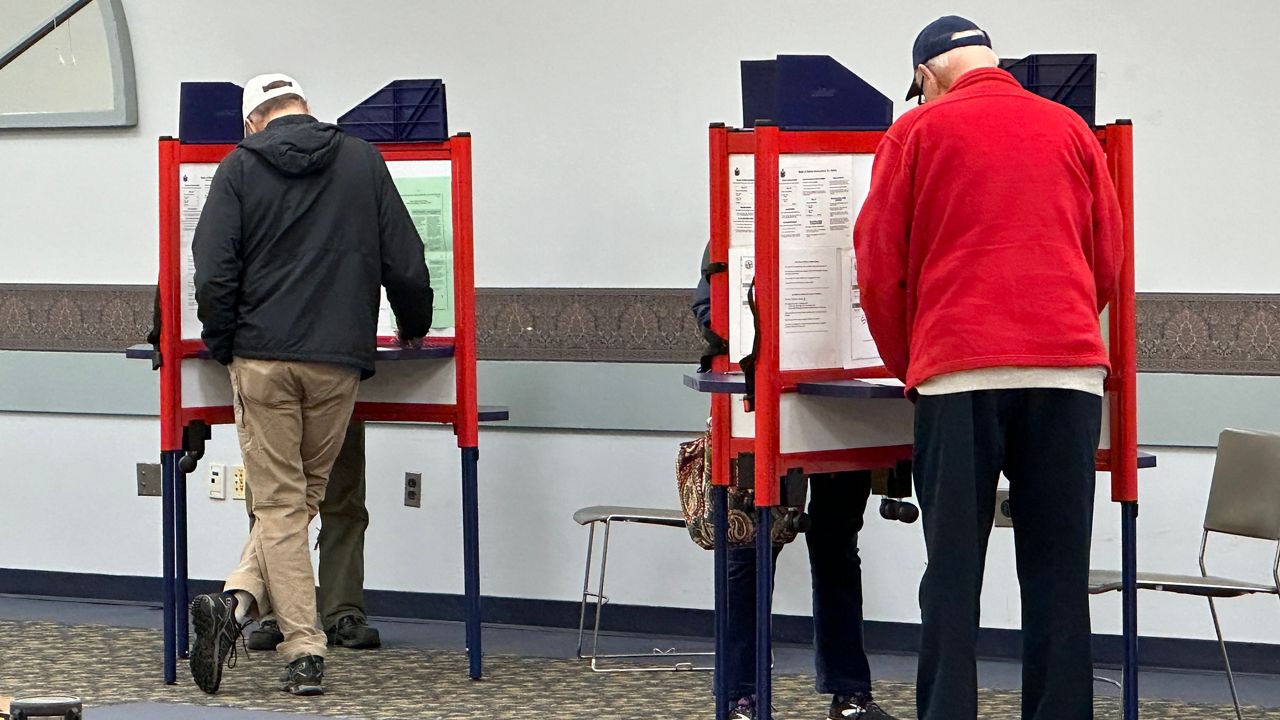Abortion opponents are considering their options, including a people’s veto, following the Legislature’s near-final approval of an abortion expansion bill this week
“It would be derelict not to consider all the options,” said Carroll Conley, executive director of the Christian Civic League of Maine. “It’s a no-brainer to consider it, but it’s not a no-brainer to act.”
On Wednesday, the Maine House gave final approval to LD 1619, a bill that allows women to get an abortion beyond the current 24-week limitation if a doctor deems the procedure necessary.
The bill still needs a final Senate vote, but a previous 21-13 tally in that chamber signals what’s likely to be the end result. And Gov. Janet Mills, who proposed the bill in January, is expected to sign it into law.
Mills and other supporters say the bill is necessary to help a small number of women — some pegged the figure at 10 or fewer each year — who find out late in a pregnancy that their baby suffers from a fatal fetal anomaly.
Opponents say the bill does not use the words “medically necessary” but instead lets physicians recommend the procedure “when it is necessary in the professional judgment of a physician.”
Conley, who acknowledged broad support for abortion in general in Maine, said that distinction could prompt voters to reject the Legislature’s actions.
But he stopped short of fully embracing a people’s veto, saying that it would take time and money to fund a campaign.
He said even well-run people’s veto campaigns sometimes fail, including the most recent effort in which voters soundly rejected an attempt to repeal a bill that removed religious and philosophical exemptions to vaccines for students.
The March 2020 vote — held just prior to the start of the COVID-19 pandemic — resulted in a 73-27% rejection of the veto.
Since 1909, the Maine Constitution has allowed citizens to launch a people’s veto after the Legislature adjourns, giving them 90 days to collect signatures equivalent to 10% of the vote total received in the last gubernatorial election.
For this cycle, that means 67,682 signatures.
Conley said getting the signatures would be the easy part.
“The big question is, then what?” he said. “The folks that are pro-choice and their allies are well-resourced.”
Chief among them is Planned Parenthood, which has played a prominent role in getting LD 1619 through the legislative process.
Following the first Senate vote this week, Planned Parenthood of Northern New England put the issue in the national context of last year’s Supreme Court decision to overturn federal abortion protections.
“Just days after the one-year anniversary of the Dobbs decision, this vote marks an important win for our reproductive rights and freedoms in Maine and the country,” said interim CEO Nicole Clegg. “With 21 state senators voting to pass LD 1619, Maine is set to become a leader in the fight to protect and expand access to abortion care in a post-Roe world.”
And while abortion rights supporters are highlighting those who voted for the bill, opponents want to draw attention to their actions as well.
“Informing the voters is definitely an important follow up to this vote,” said Heather Sirocki, spokeswoman for Maine Right to Life. “Not only informing them of how they voted, but exactly what they voted for.”
House Minority Leader Billy Bob Faulkingham (R-Winter Harbor) said he’s convinced that if all House members had been present for the vote, the measure would not have passed. He said he’d “love to see” a people’s veto but understands there are many other considerations as well.
“I think there would be a high likelihood of getting the signatures and getting it overturned,” he said. “This law just goes beyond what normal, rational people agree with.”
Sirocki, a former Republican state lawmaker from Scarborough, said communicating with voters — not launching a people’s veto — will be the most effective way to fight back.
“I don’t know how you could have a ballot question on even a remotely level playing field,” she said. “We need to change hearts and minds in a different way.”
That could mean spending time and money working to influence the November 2024 legislative elections in which all 186 state lawmakers will face voters.
Democrats now hold majorities in the House and Senate alongside Mills, a Democrat whose term runs until January 2027.
Conley said despite the passage of LD 1619, those opposed to abortion made their voices heard at the State House, both at a 19-hour public hearing in May and in the halls for several weeks leading up to the votes.
“Whatever we decide, it’s very encouraging to see people engaged,” Conley said.








